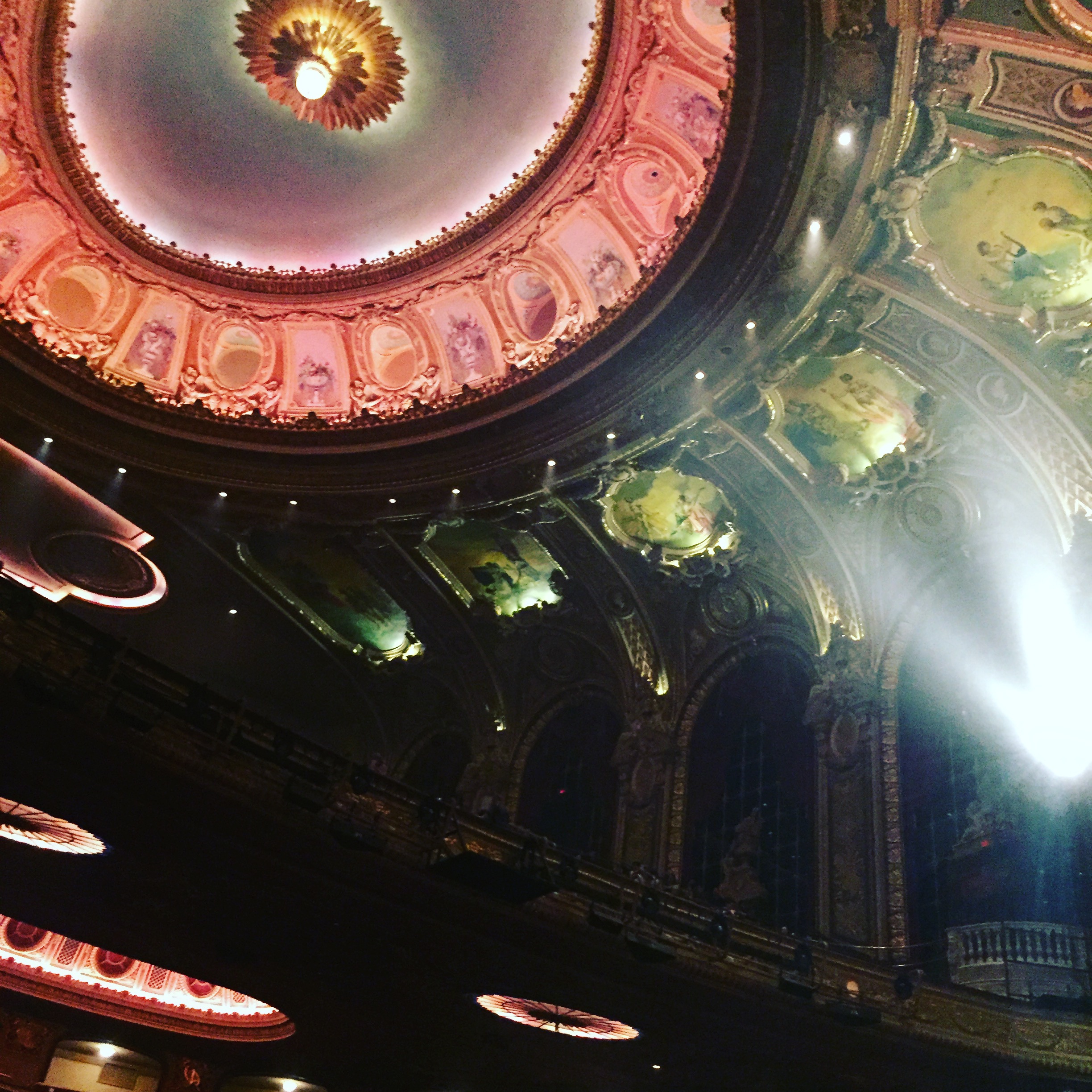
The individual – Personality and historical context and environment
This model is not only a general model for understanding behavior but has been used for predicting consumer purchasing behavior (Waite, 2014) as well as for marketing purposes. Working left to right, the RA model considers an individual coming into an environment (a work environment in this example) with a certain personality type. This personality type, however understood or assessed (or usually not at all), is likely to have an impact in the situation or environment the individual finds themselves in and their response to it. For example, an extrovert may have greater difficulty working in a remote Zoom-type working environment than an introvert. Hiring managers can consider the implications of personality attributes during the recruiting and hiring process to maximize the potential for a “good fit” with the company, the working environment and the role. Managers should also be aware that team members with different personality profiles may respond very differently to remote work conditions and develop mechanisms to overcome challenges.
“3-Lenses” of How we view the world – Values, beliefs and biases, social norms and perceived behavioral control
A lot has been written about biases (especially unconscious biases) in the last decade or so, but the importance of this topic is broader than that. Having some insight into a person’s values and beliefs, along with their views about acceptable social norms is vitally important. Again, the interview process during hiring, or during consideration for promotions, should consider these issues when developing questions for the interview process. An example of the impact of these factors is when I joined a large banking group as manager of their nation-wide customer service function. As a South African at the time, I had spent a decade in the US and had developed the “be yourself” and “speak your mind” belief system common to many in the US – this did not go well in this bank.
Moreover, I made the huge mistake of not wearing a suit on my first day (a social norm), which I quickly learned was completely unacceptable. In terms of my “perceived behavioral control”, it became abundantly clear that I had no control over these expected norms and behaviors, and I either adapt or leave the organization – I adapted (but with great difficulty). While my anecdote may be somewhat trivial (although it did not seem that way at the time), there are other much more serious examples, such as with “insider threats” (I project I was involved in with a global energy company) where it is not uncommon to find employees who believe that the work content they produce on the job (for example, a software patent) is their own personal property. In many organizations work output of any kind is defined as a company asset and using it in one’s personal capacity is considered theft and is potentially prosecutable. In such cases, where there a disconnect between an individual’s belief systems and company norms and policies, things can become contentious quickly.




